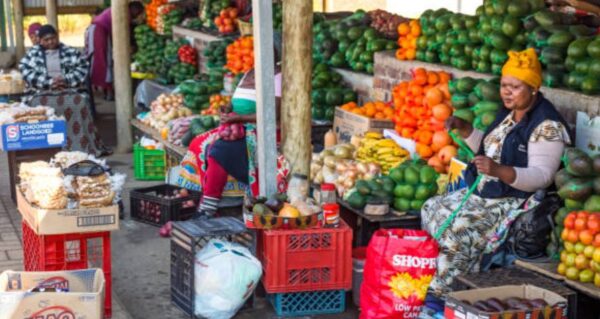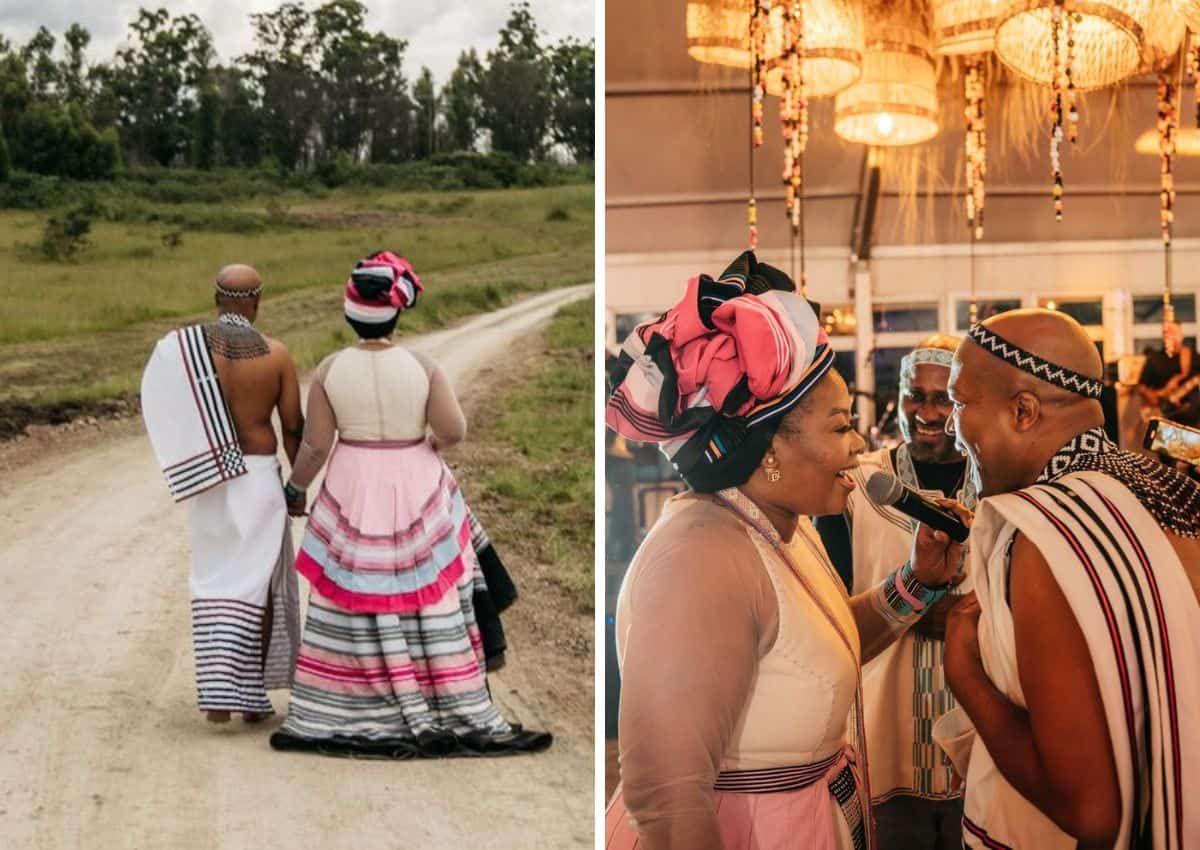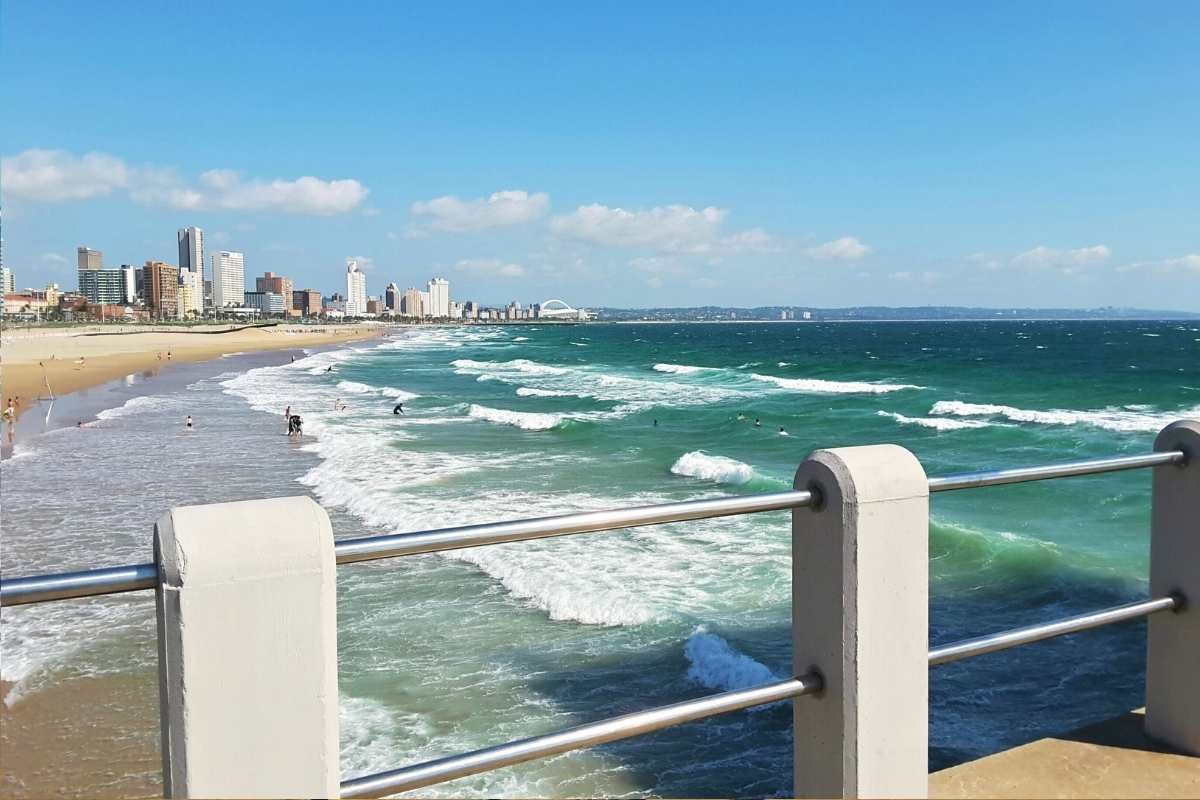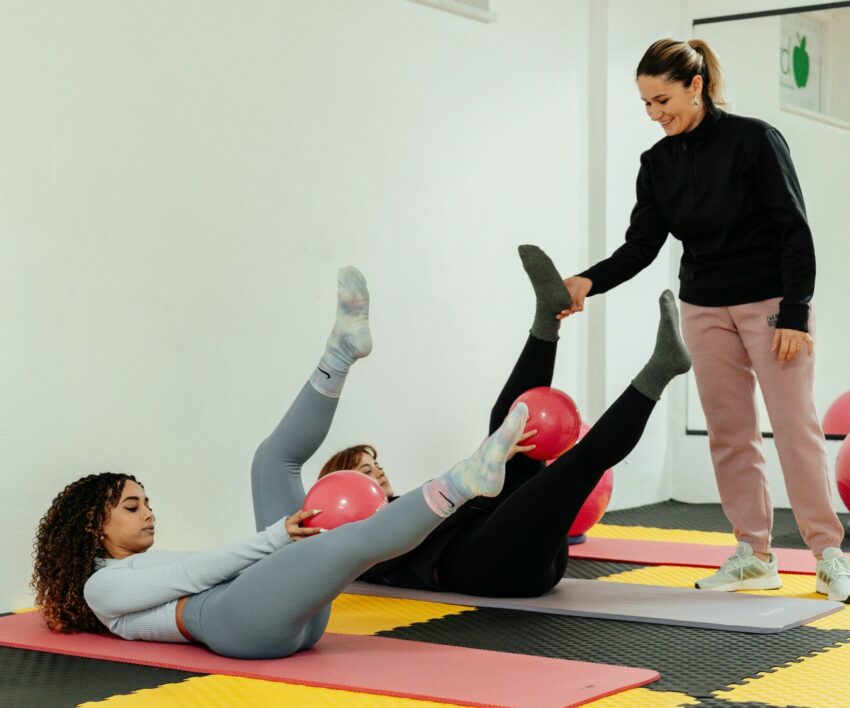From the bustling stalls of Johannesburg to the coastal craft hubs in Cape Town, South African markets are more than just places to shop—they’re a whole vibe.
While the art of bargaining might feel unfamiliar at first, it’s actually a common and friendly part of the experience. Done with charm and respect, it can even be fun.
Whether you’re hunting for handmade jewelry, woven baskets, or a one-of-a-kind souvenir, here are some tips to help you negotiate like a local (and maybe score a great deal while you’re at it):
1. Start with a friendly vibe
Always greet the vendor with a smile and a “Howzit?” or “Hello, how are you?” A little friendliness goes a long way in setting the tone.
2. Know the local lingo
Phrases like “eish,” “ya neh,” or “sho, that’s steep!” can break the ice and show that you’re not just a tourist—you’re in it.
3. Don’t show too much excitement
Even if you love that beaded giraffe or woven basket, play it cool. Too much excitement gives away your bargaining power.
4. Ask, “is that your best price?”
This is the most polite and effective opener. It gives the vendor a chance to come down without pressure.
5. Offer a counter—but be reasonable
If the item is R300, you might offer R200 and settle around R250. Lowballing too hard can come off as disrespectful.
6. Buy in bulk or as a group
Vendors are more likely to drop prices if you’re buying multiple items or shopping with friends. Say, “If I buy two, can I get a better deal?”
7. Be ready to walk away
If the price isn’t right, a polite “I’ll think about it” or slow walk away might just get you a better offer.
8. Cash is king
Vendors are more flexible with prices when you’re paying cash (and it saves them on card fees too). Always carry smaller notes and coins.
9. Respect the craft
Many items are handmade and support local livelihoods. It’s okay to negotiate, but always value the time and effort behind the product.
10. Leave on a good note
Whether you buy or not, end the interaction with gratitude. “Thank you, my bru,” or “Dankie” keeps the energy good and shows respect.














